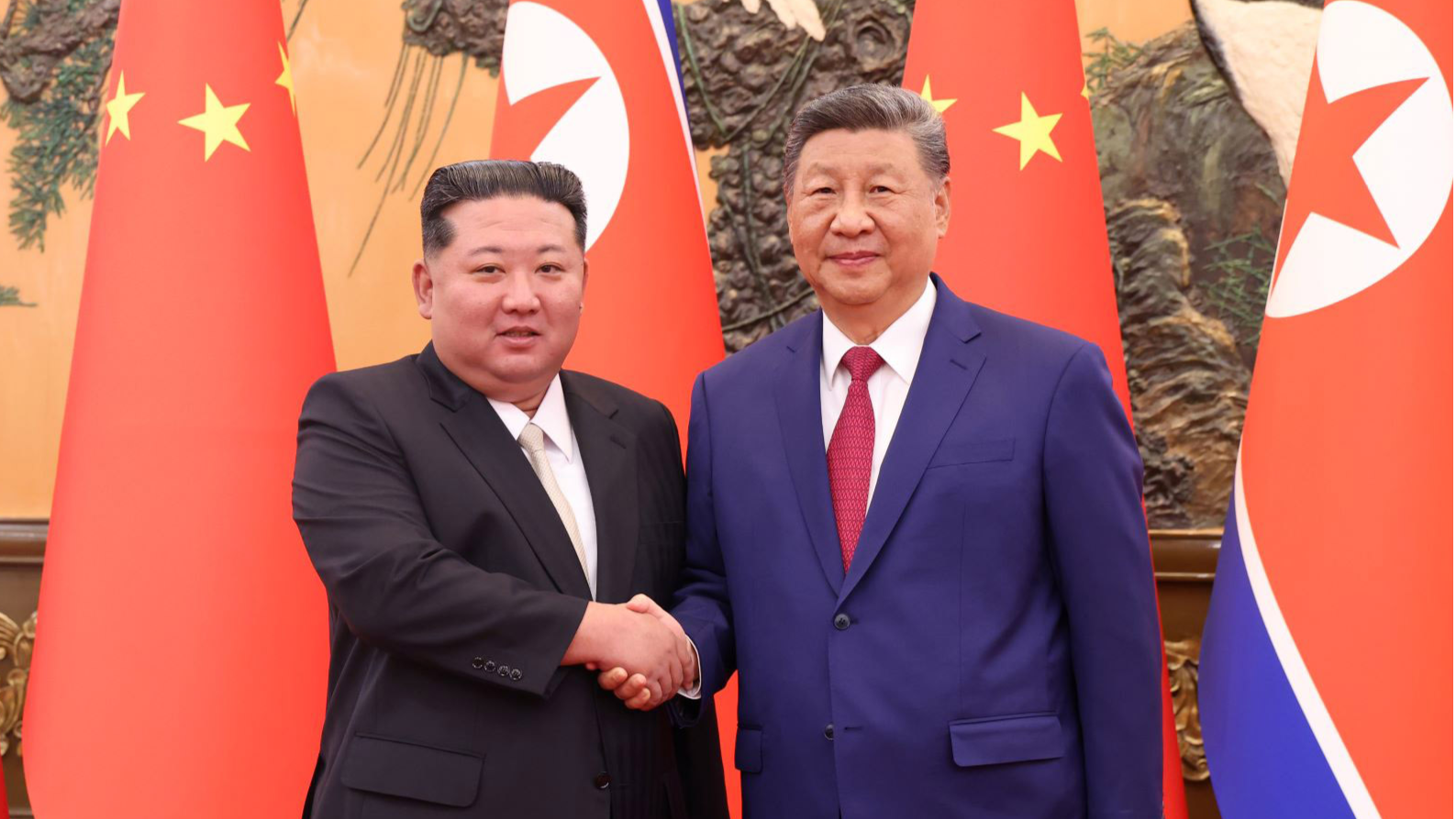Somalia is currently facing a considerable increase in diphtheria cases, further straining an already delicate public health scenario. The spread has alarmed healthcare experts and global organizations, who caution that a shortage of vaccines and reductions in humanitarian aid might worsen the crisis. This situation presents a grave threat to at-risk populations, especially children and individuals residing in displaced communities.
Health authorities in Somalia have announced a consistent rise in diphtheria cases in recent months. Diphtheria, an extremely infectious bacterial illness, can result in critical breathing difficulties, cardiac issues, and can be fatal if not treated. Although the illness can be prevented with vaccination, the persistent lack of vaccines has obstructed attempts to control its transmission.
The lack of diphtheria vaccines can be traced to several reasons, such as interruptions in worldwide supply systems, logistical difficulties within the nation, and reductions in budgets for health initiatives. Historically, international assistance has been crucial in backing Somalia’s vaccination efforts. However, recent decreases in financial support have left numerous areas without adequate services. Consequently, medical professionals are facing challenges in assisting distant regions and internally displaced communities, where outbreaks are often more intense.
Healthcare specialists stress that the present condition is especially concerning due to Somalia’s already overburdened medical system. Decades of conflict, governmental turmoil, and frequent natural disasters have diminished hospitals’ and clinics’ abilities to adequately tackle outbreaks of contagious diseases. Numerous medical centers are experiencing a lack of crucial medications, qualified staff, and diagnostic equipment, making it more challenging to manage diphtheria.
The World Health Organization and UNICEF have urgently requested enhanced backing to strengthen vaccination efforts and enhance disease monitoring. Health authorities emphasize that receiving vaccines on time is crucial to stopping more fatalities and controlling the disease’s spread. Nonetheless, inadequate financing and logistical challenges continue to obstruct these initiatives, putting numerous communities in jeopardy.
Children are particularly vulnerable in this outbreak, as diphtheria primarily affects those under the age of five who have not received full immunization. In refugee camps and areas with high population density, the disease can spread rapidly, putting large numbers of children at immediate risk. Healthcare workers are also concerned about the potential for secondary complications, including cardiac issues and severe respiratory distress, which can overwhelm local medical facilities.
Humanitarian groups are actively engaged in launching urgent vaccination campaigns in impacted areas, giving precedence to the communities most vulnerable. Nevertheless, these efforts encounter obstacles like restricted transportation, persistent security issues, and the necessity for refrigeration systems to maintain vaccine efficacy. Experts caution that, without prompt and unified intervention, the epidemic may expand, possibly impacting tens of thousands across various areas in Somalia.
The crisis has underscored broader challenges concerning global health fairness and the fragility of nations relying on outside assistance for crucial medical services. Supporters contend that continuous funding in vaccine allocation, healthcare infrastructure, and public education initiatives is crucial to avert comparable epidemics in the future. Global cooperation and investments will be crucial in stabilizing Somalia’s healthcare environment.
In addition to vaccination, health authorities are emphasizing the importance of early diagnosis and treatment. Diphtheria can be managed with timely administration of antibiotics and antitoxins, but these treatments are also in short supply. Community education campaigns are being launched to inform families about early warning signs of the disease, encourage prompt medical attention, and promote hygiene practices that can limit transmission.
The ongoing epidemic also highlights how health emergencies and socio-economic difficulties are intertwined. Hunger, homelessness, and poor hygiene increase the susceptibility of communities, complicating the containment of infectious illnesses. Tackling diphtheria in Somalia demands not just healthcare actions but also extensive initiatives to enhance living standards, ensure clean water availability, and strengthen the overall public health system.
While international agencies are mobilizing resources to respond to the outbreak, the situation remains precarious. Rapid action is needed to provide vaccines, strengthen local healthcare systems, and prevent further loss of life. The unfolding crisis in Somalia serves as a stark reminder of the critical importance of sustained investment in global health, particularly in countries facing multiple humanitarian challenges.
Immediate steps include increasing vaccine shipments, deploying trained healthcare personnel to high-risk areas, and ensuring that supply chains for essential medications are maintained. Long-term solutions will require a coordinated approach that addresses both the medical and social determinants of health, ensuring that communities are better protected against future outbreaks.
As Somalia struggles against the rise in diphtheria cases, the global community observes attentively. The results of the current measures in place will not only impact the health and welfare of countless susceptible people but also offer crucial insights for averting and handling similar epidemics in other areas dealing with healthcare and assistance limitations.
The situation remains urgent, and health experts continue to stress that without immediate intervention, the diphtheria outbreak could escalate further. Strengthened international support, robust vaccination campaigns, and improved healthcare access are essential to safeguard the lives of those most at risk and stabilize the country’s fragile public health system.




